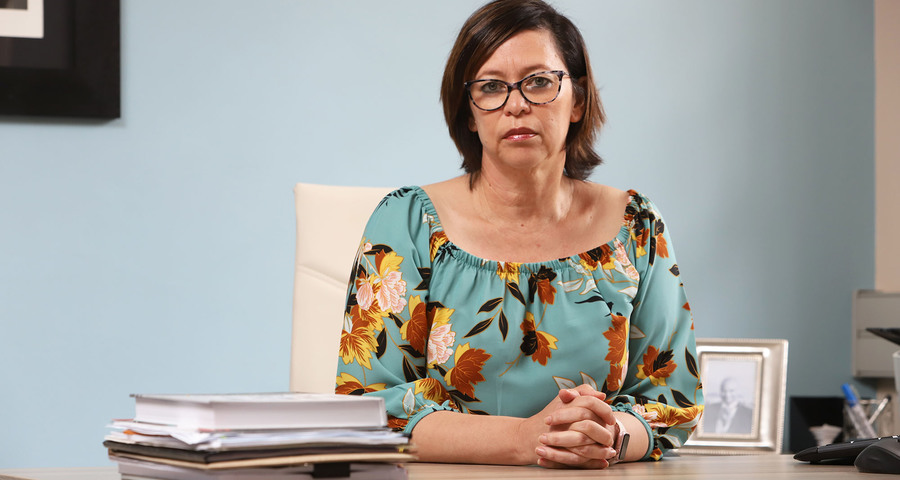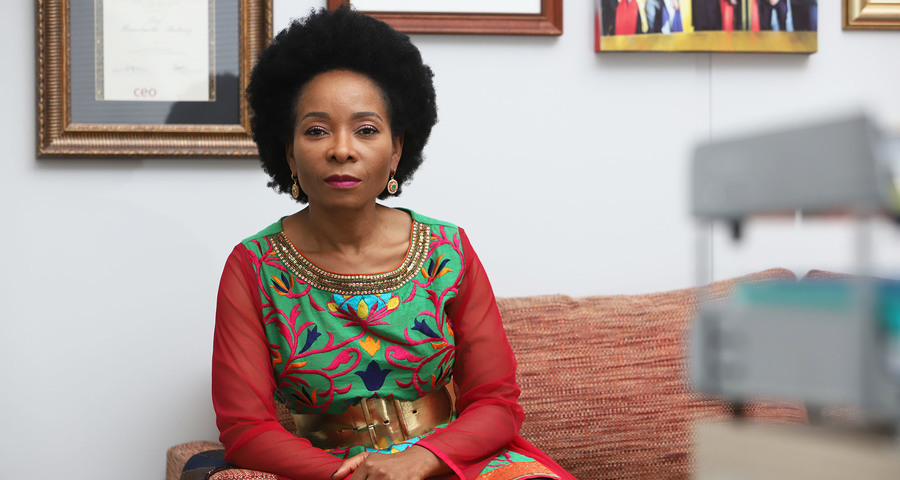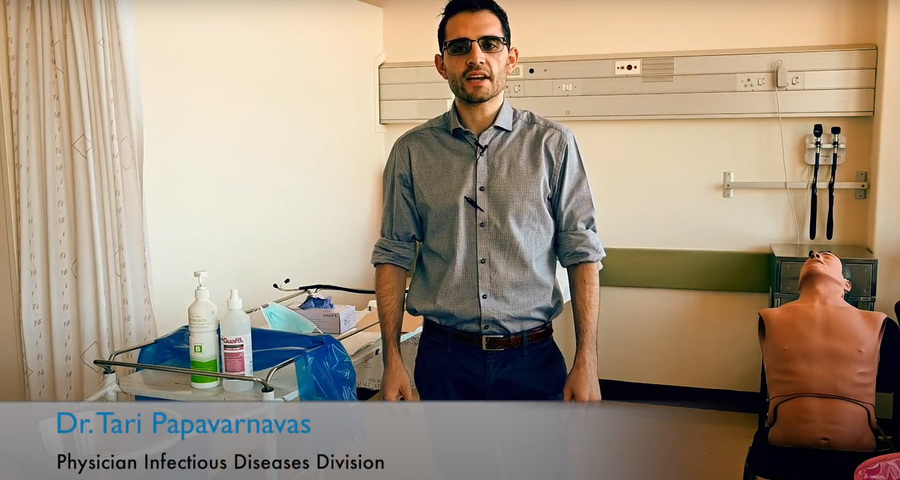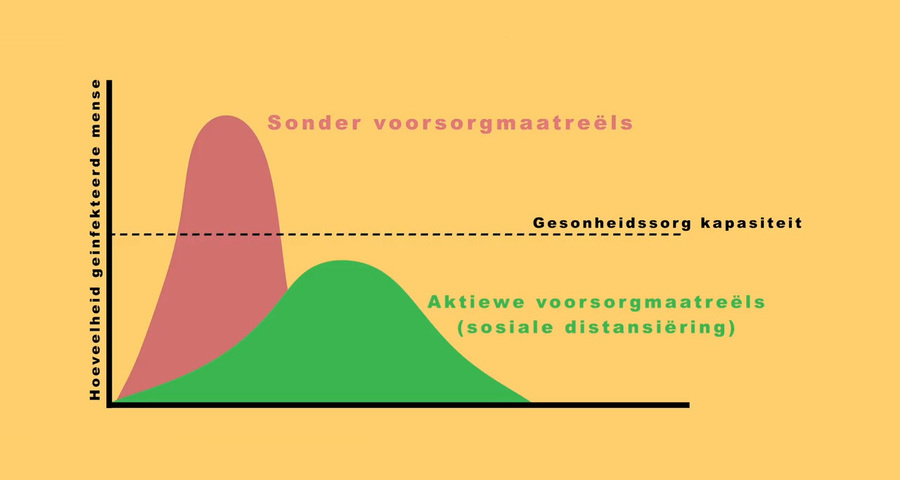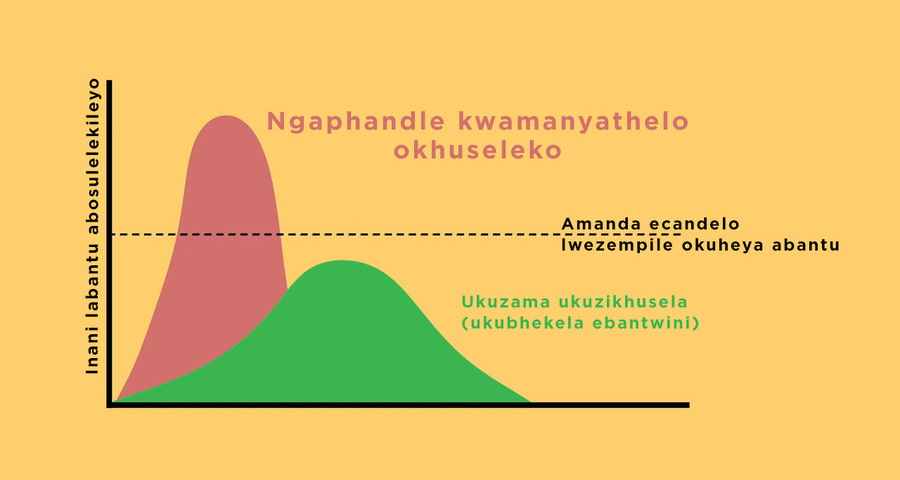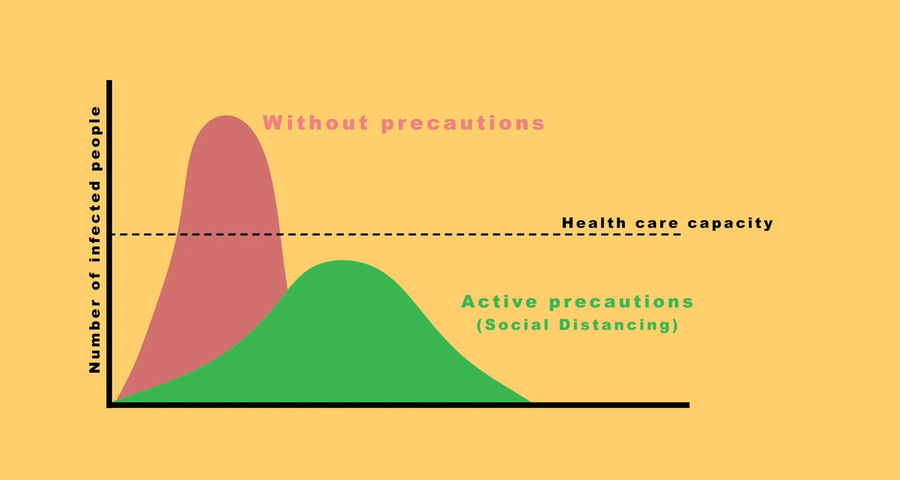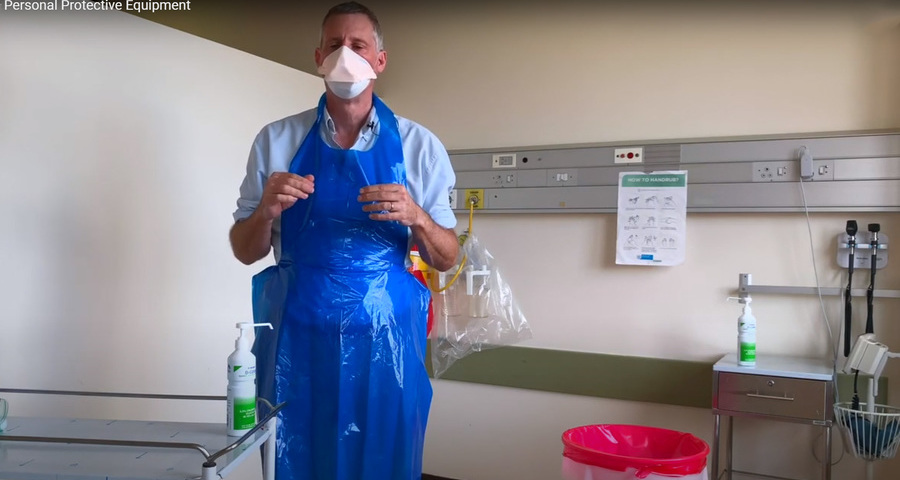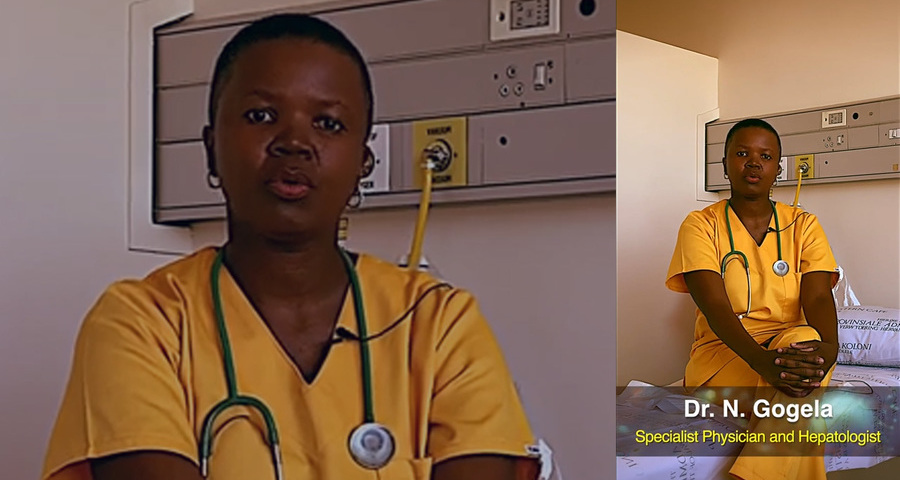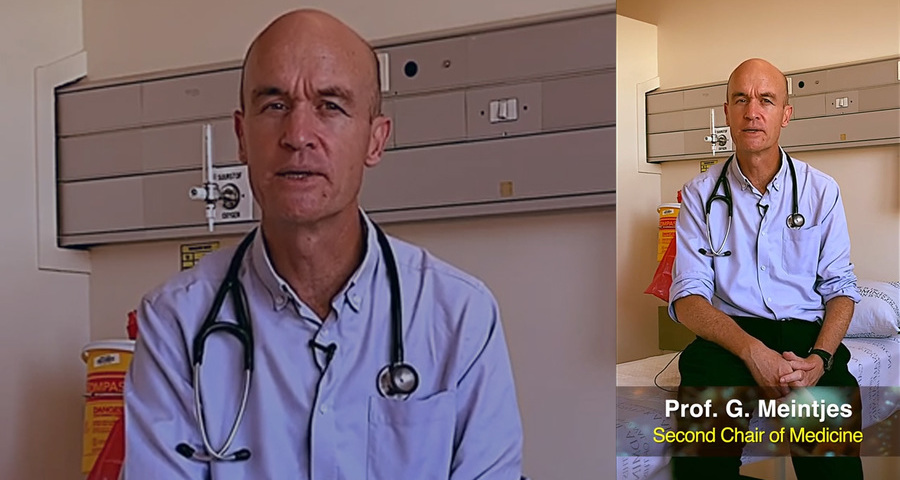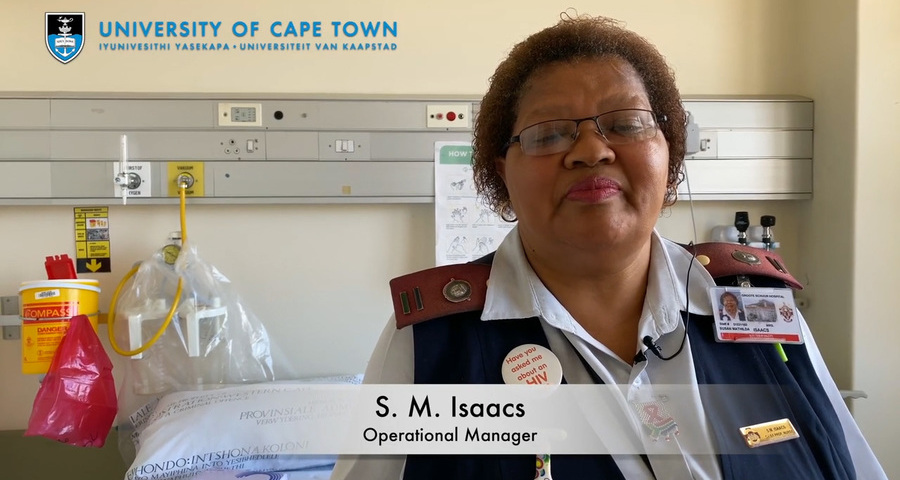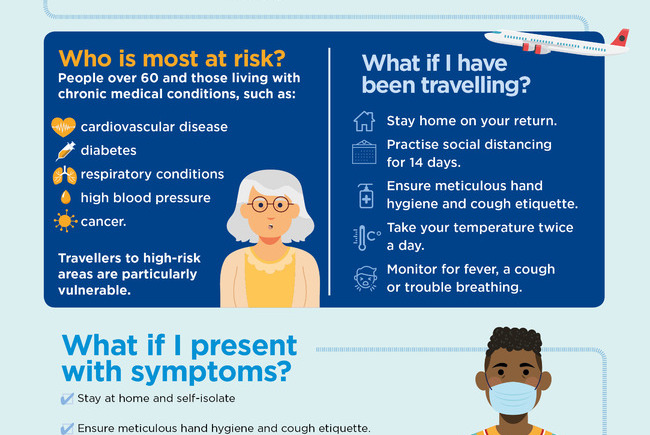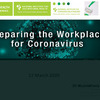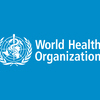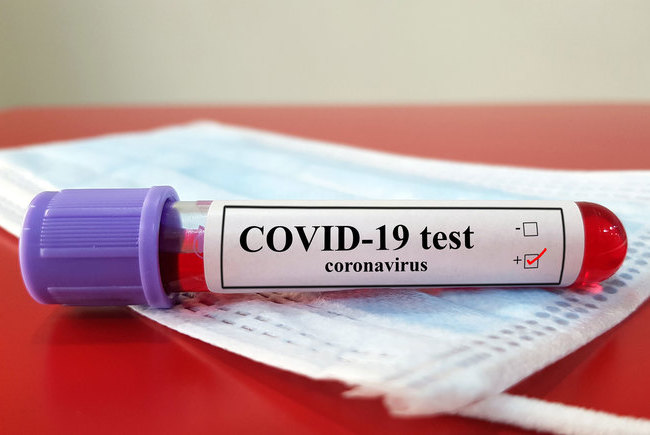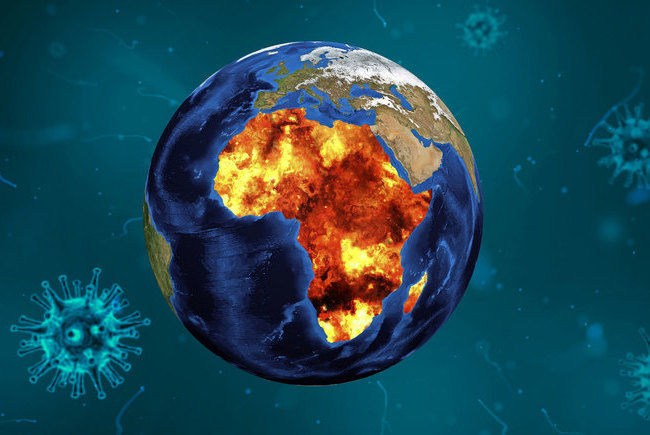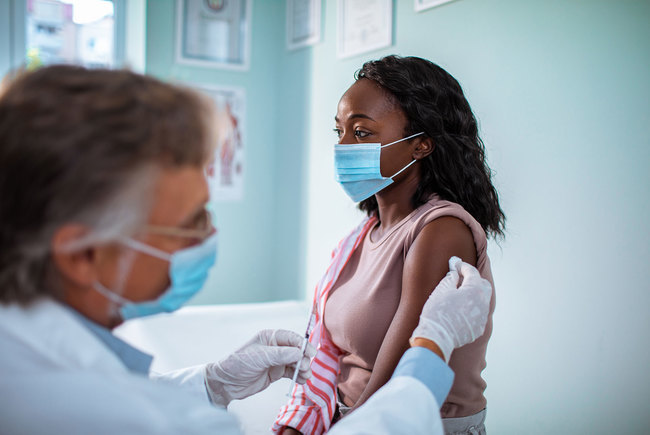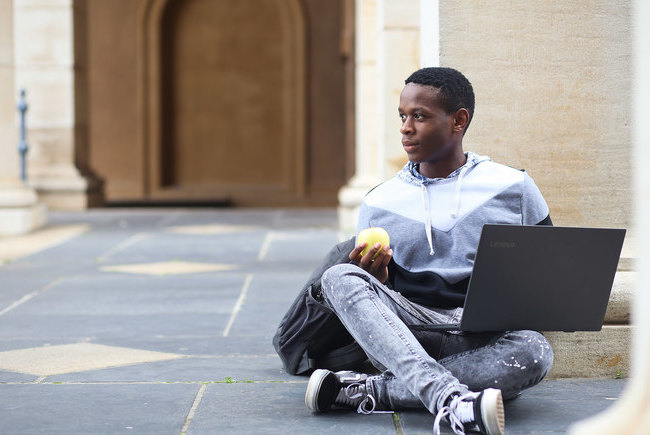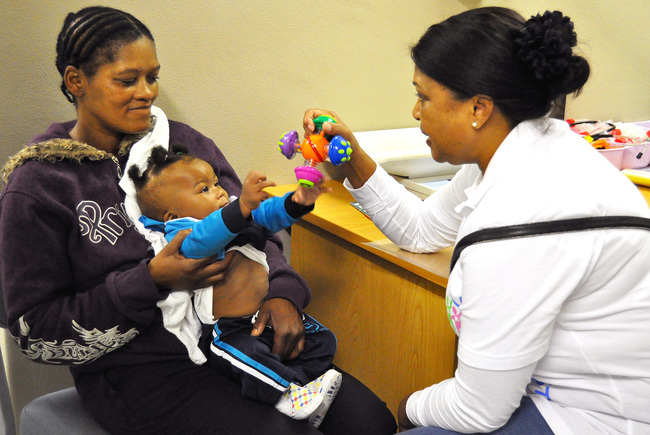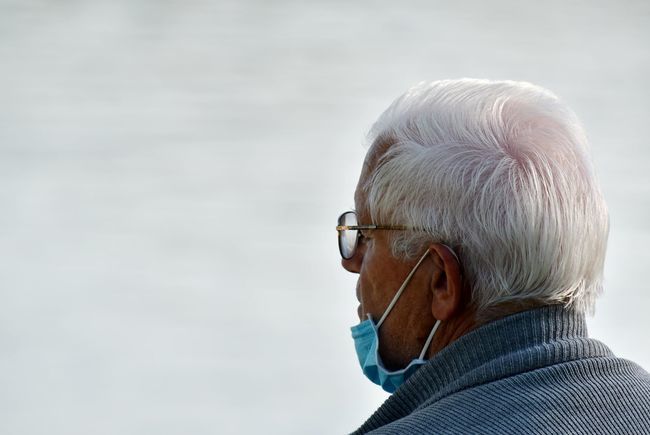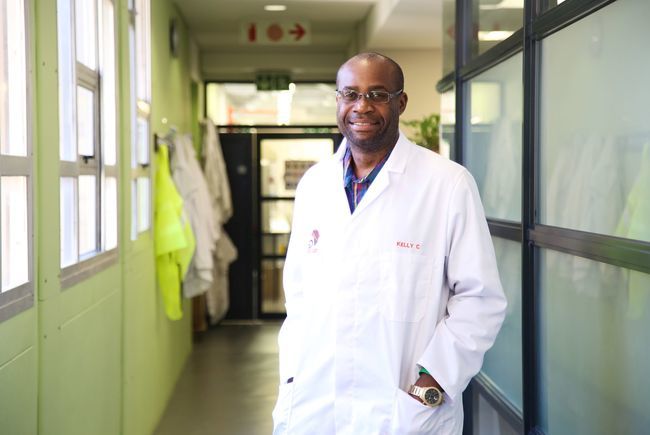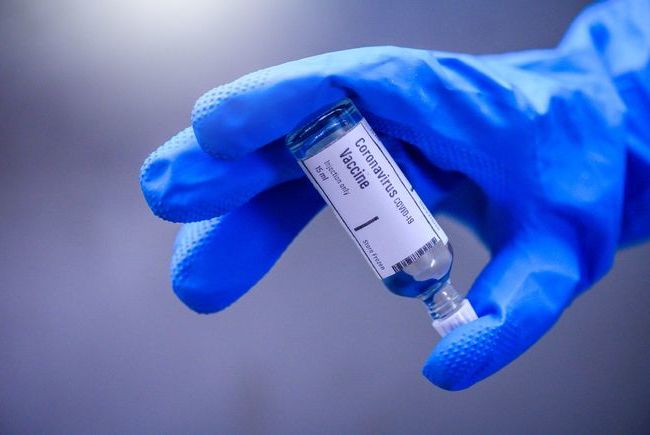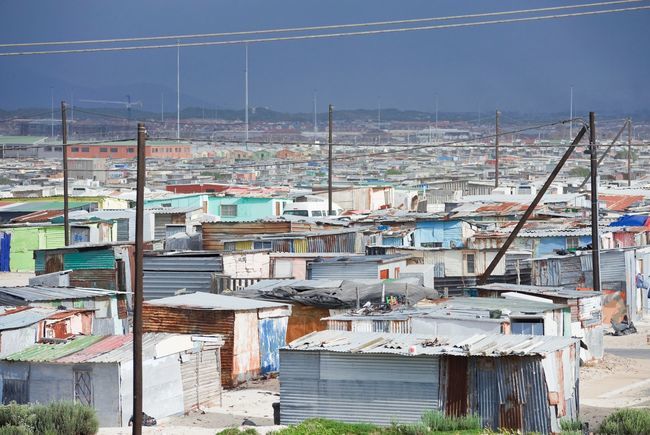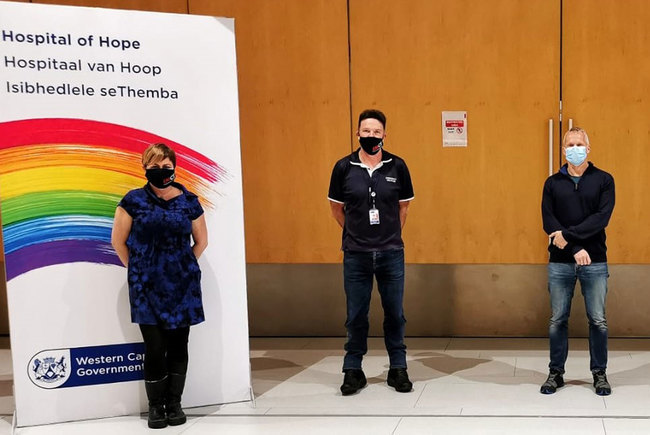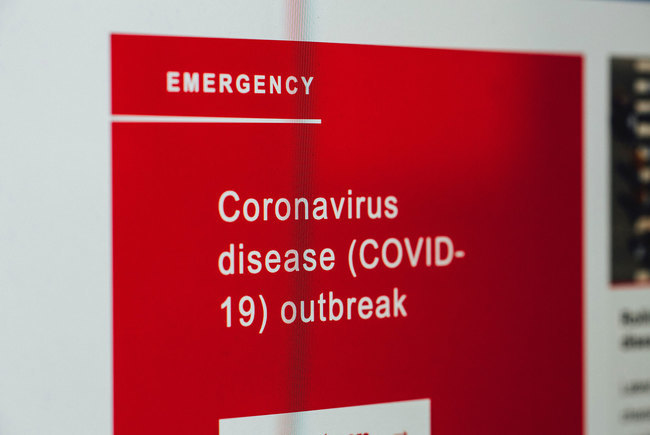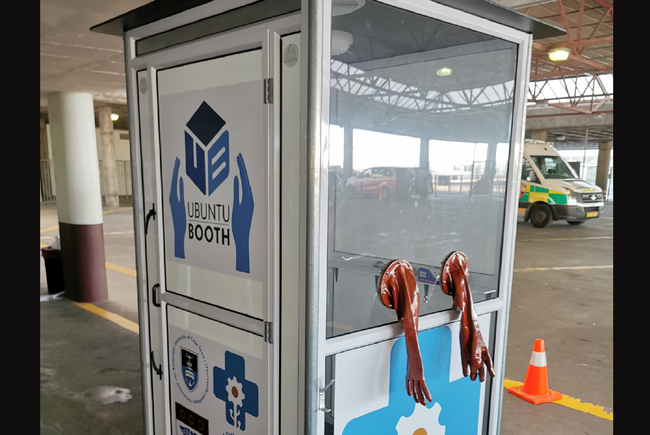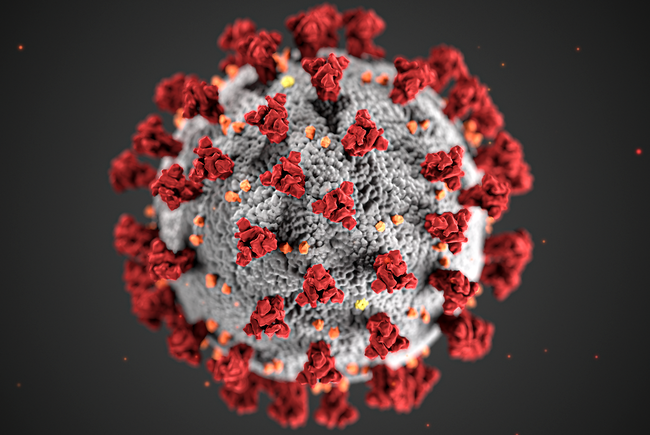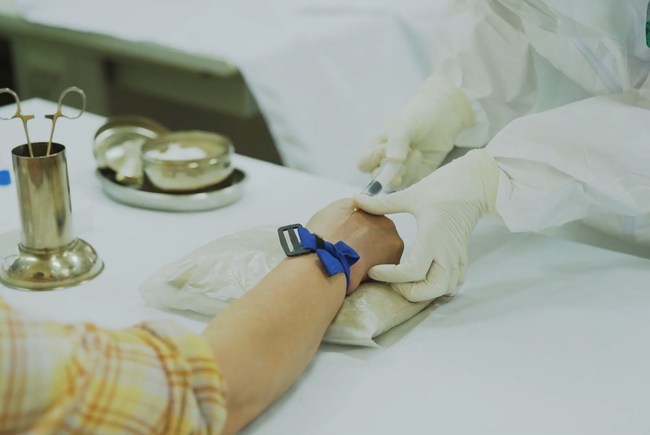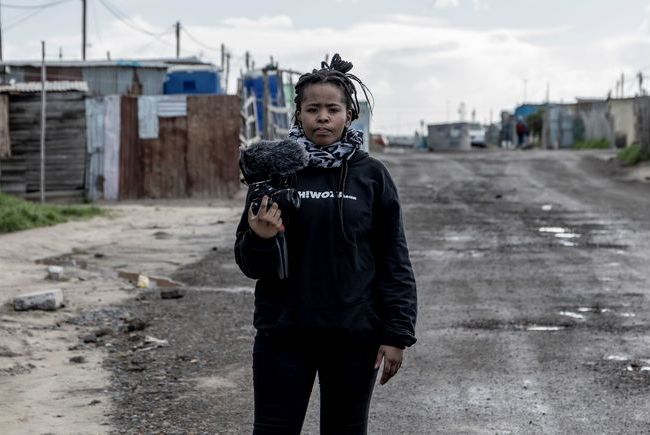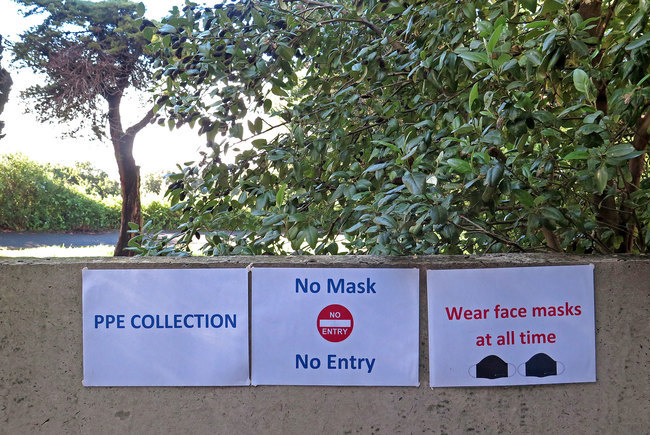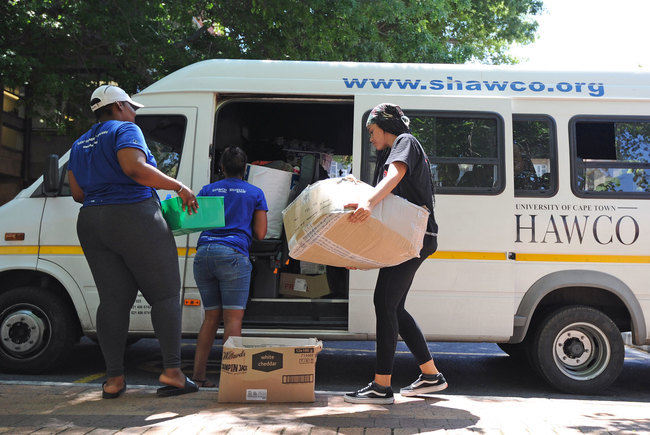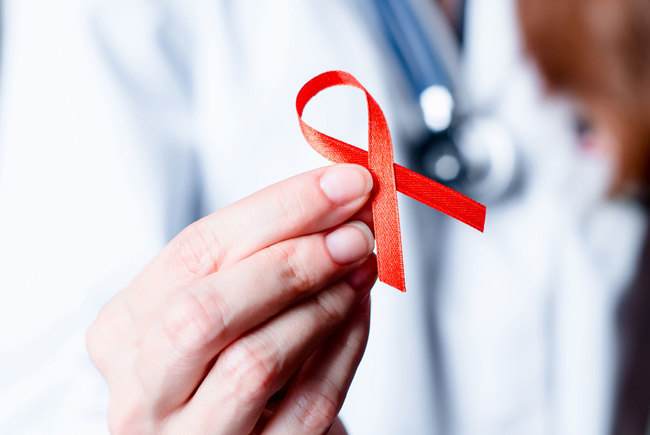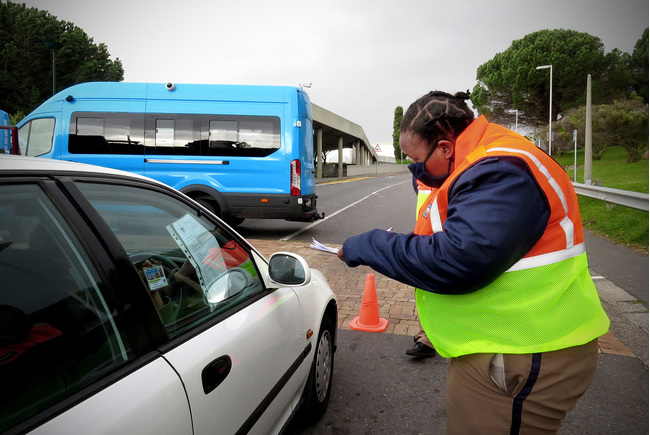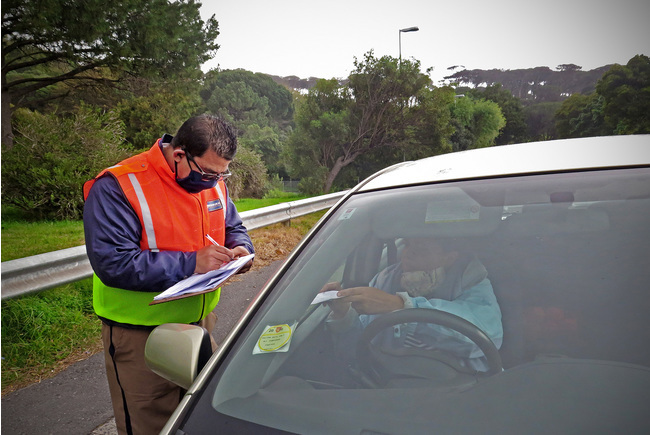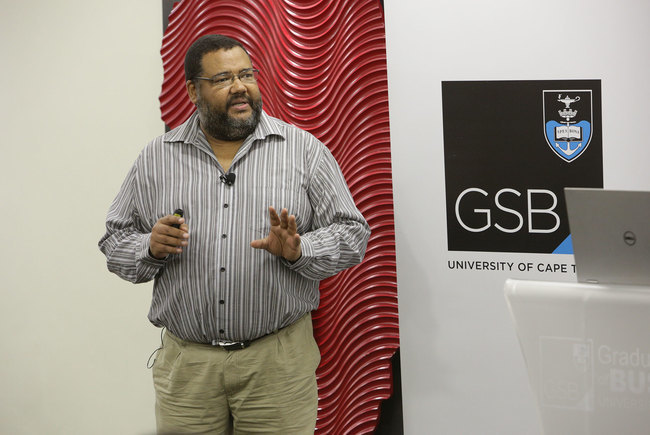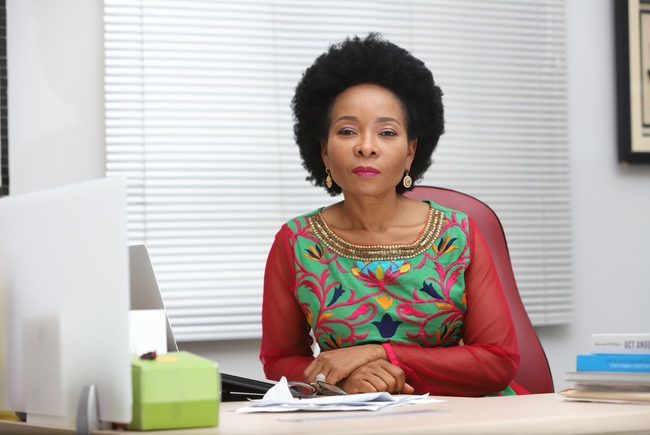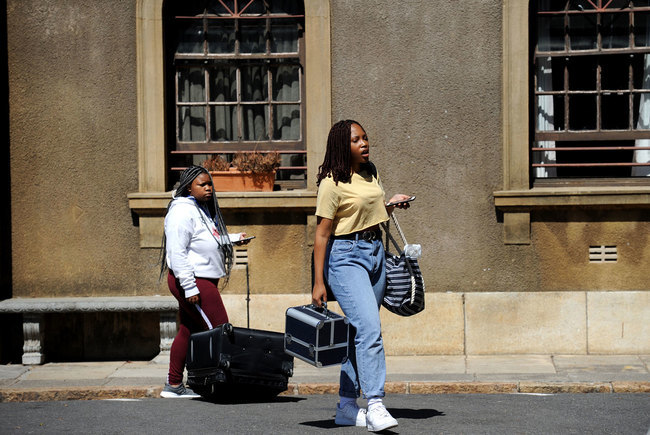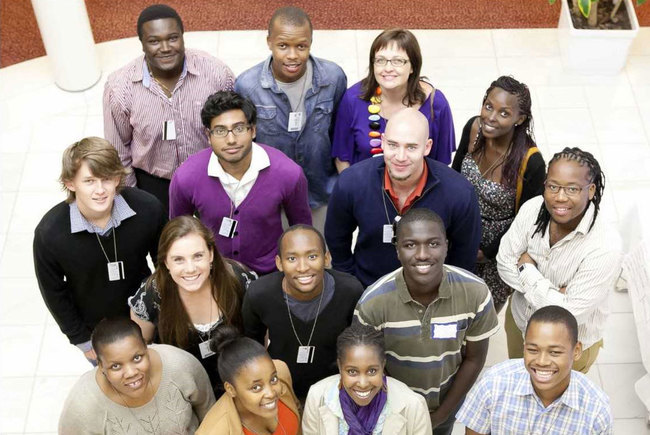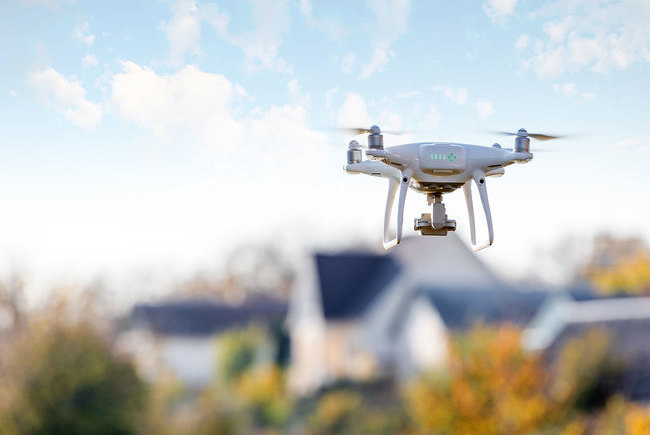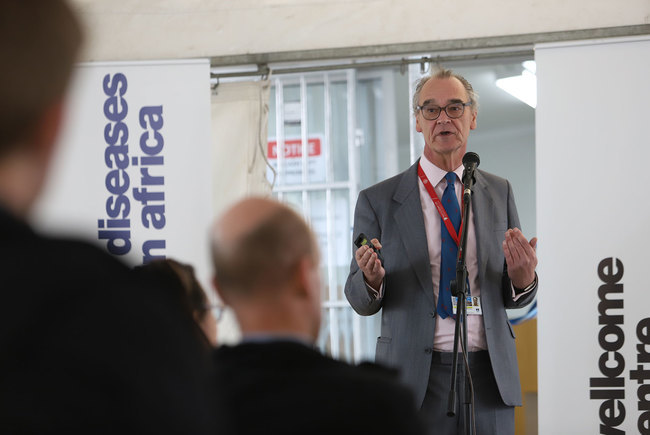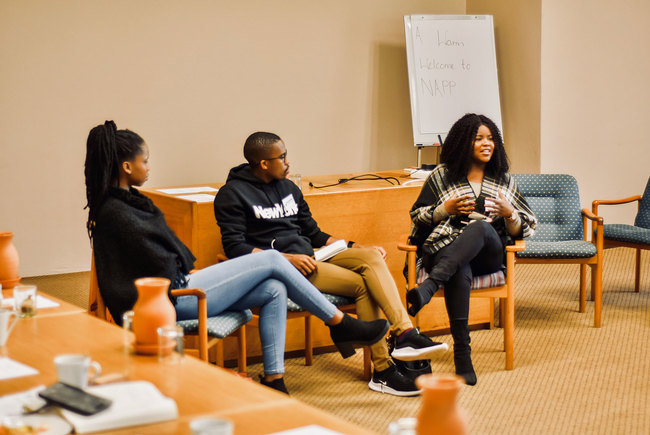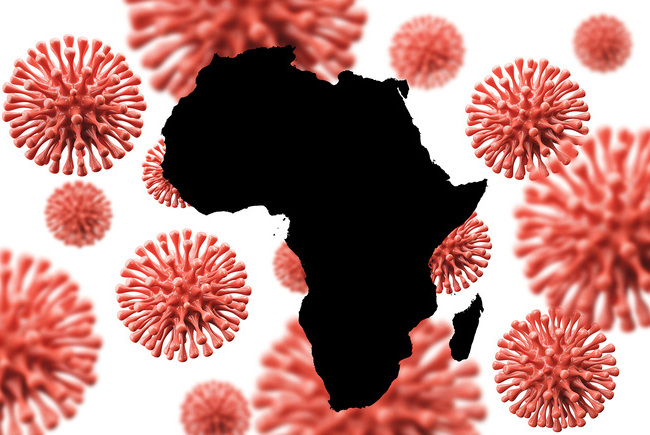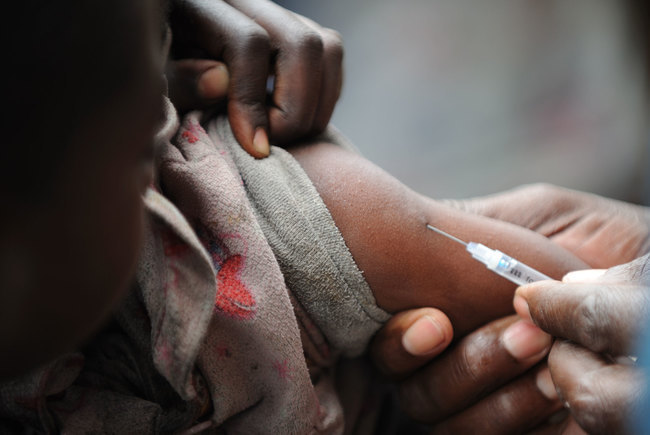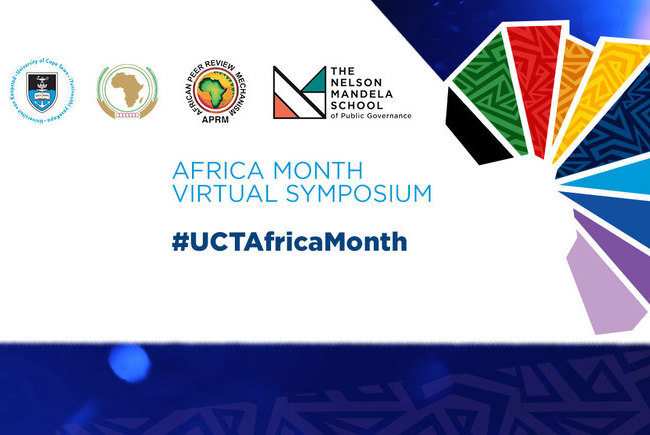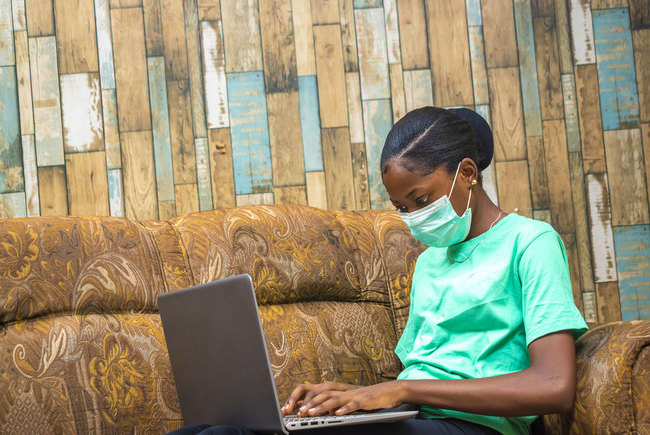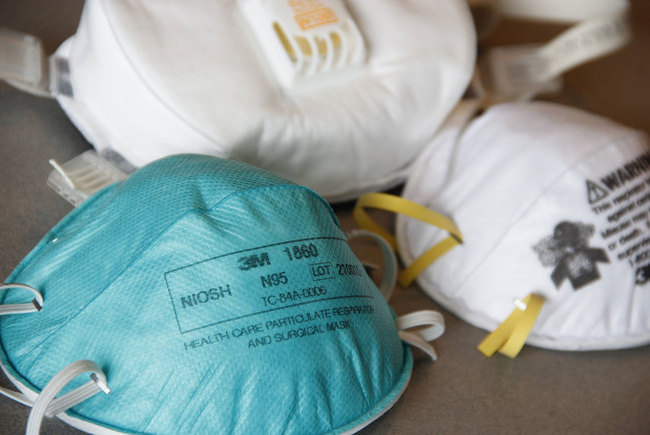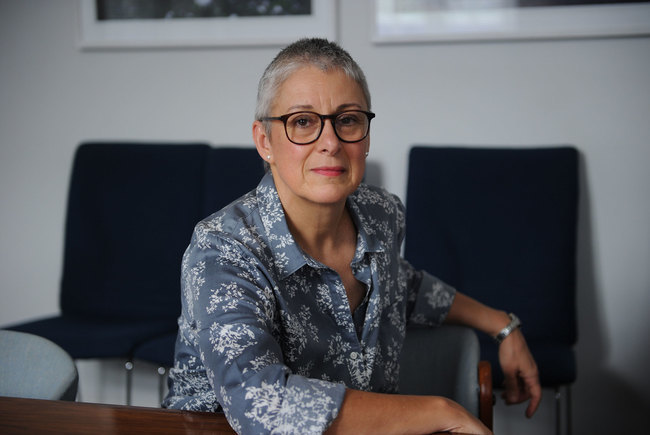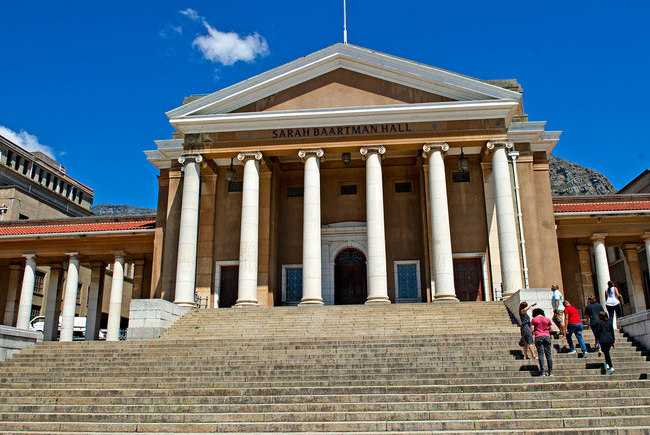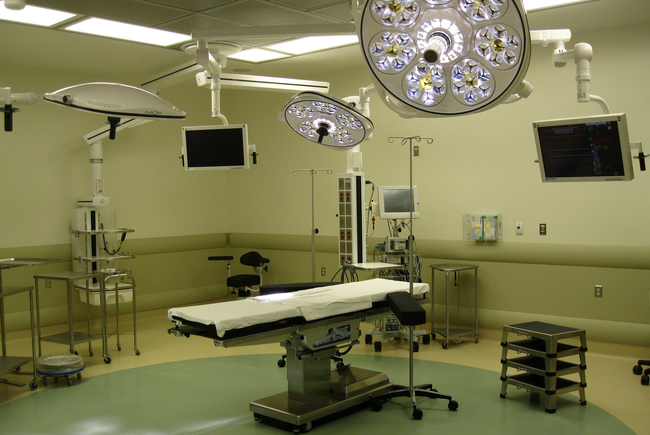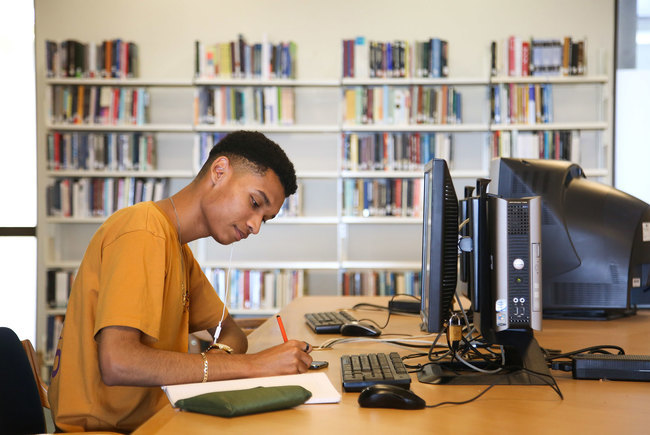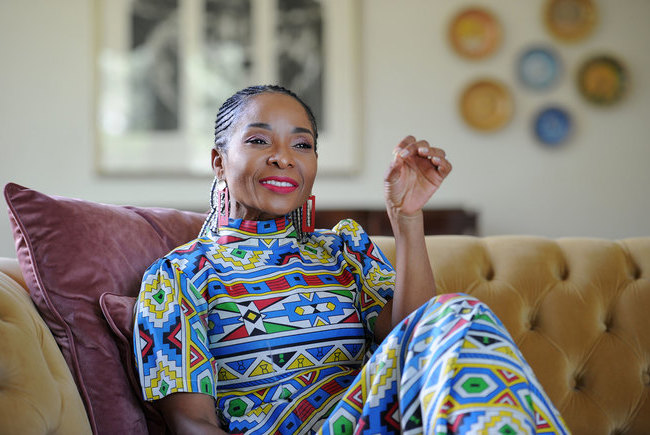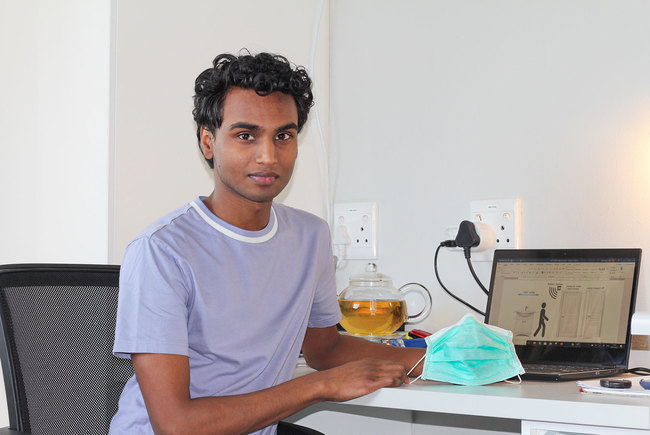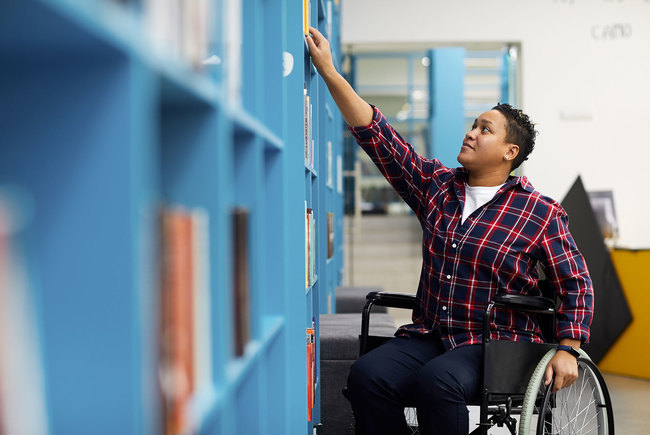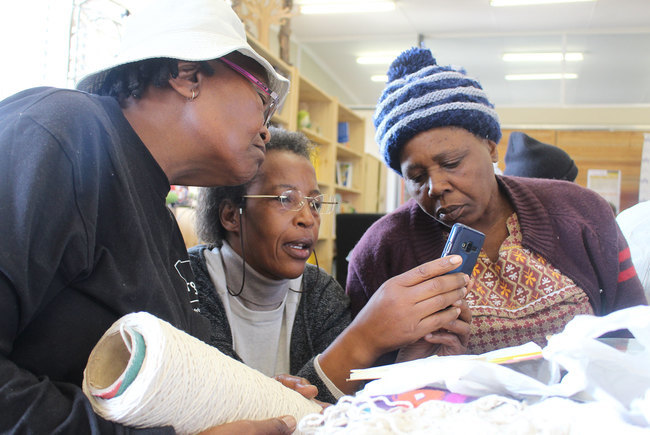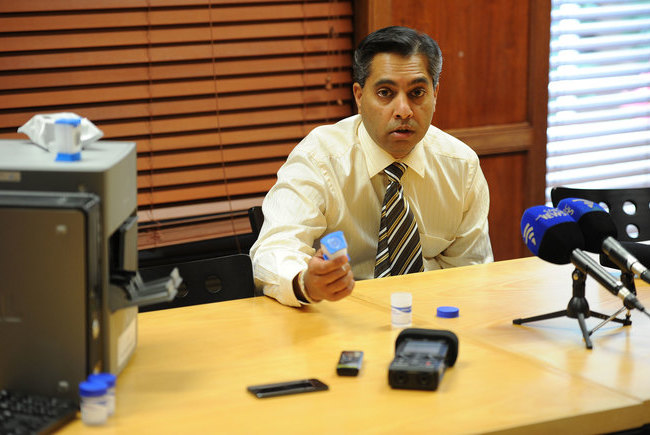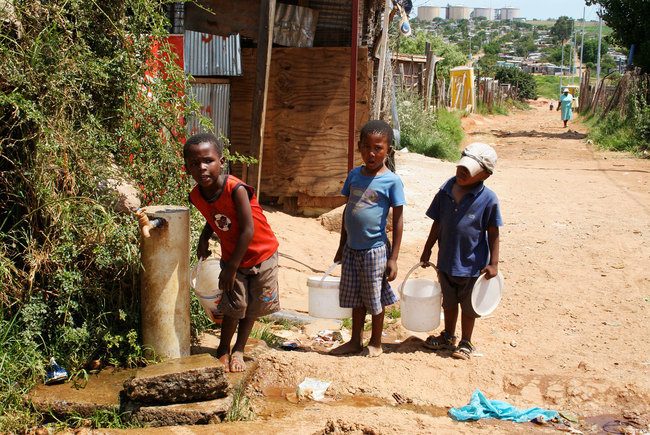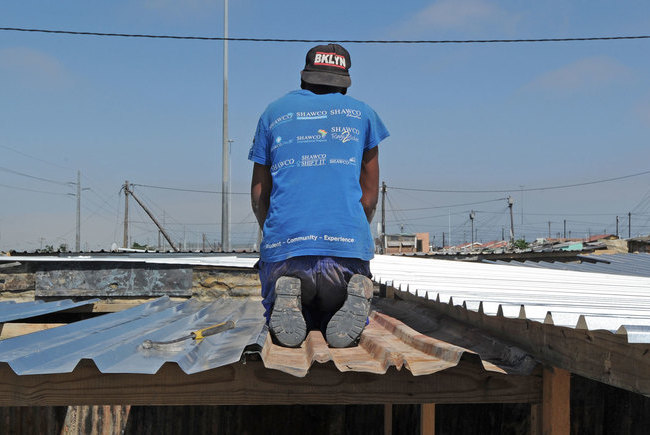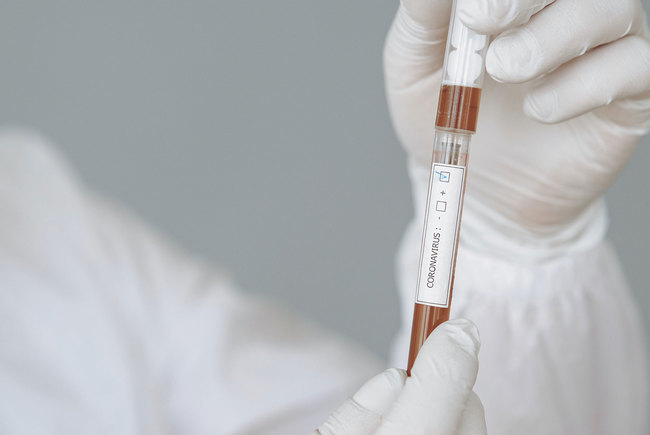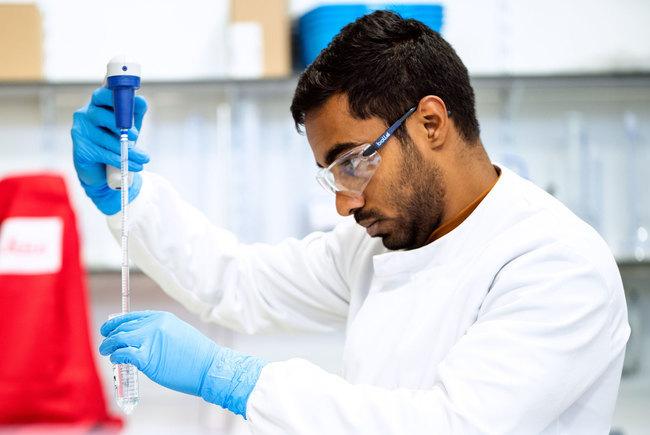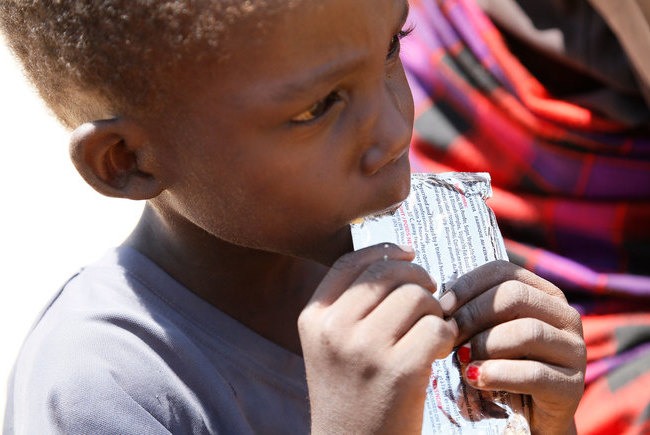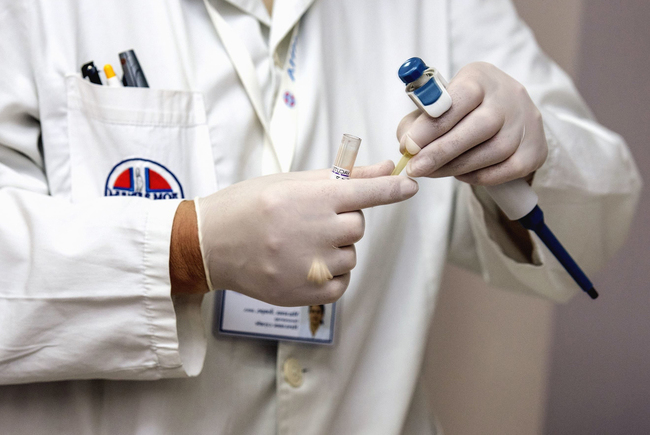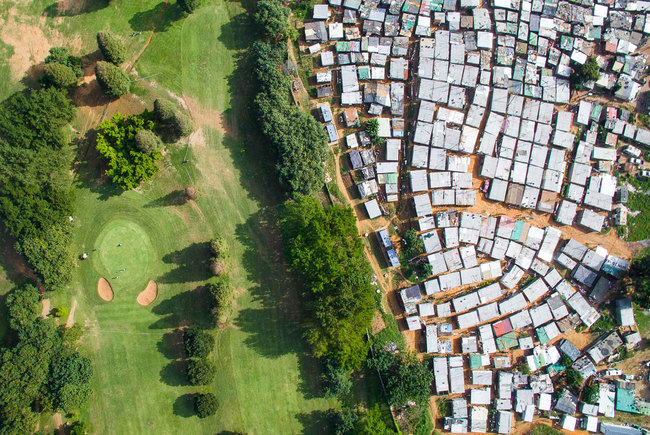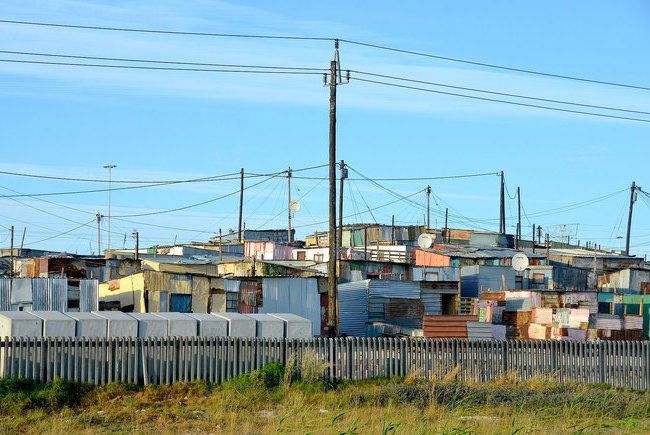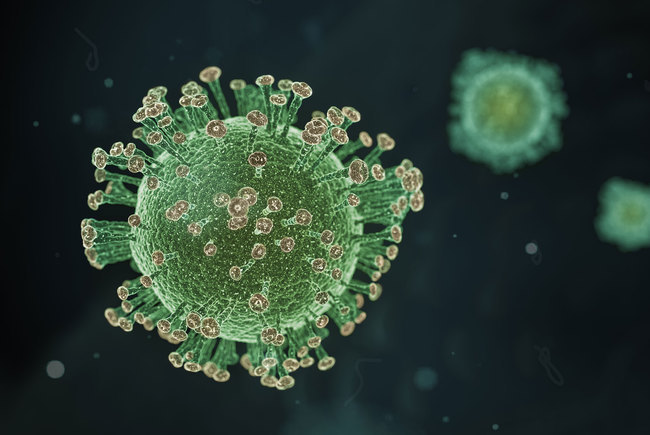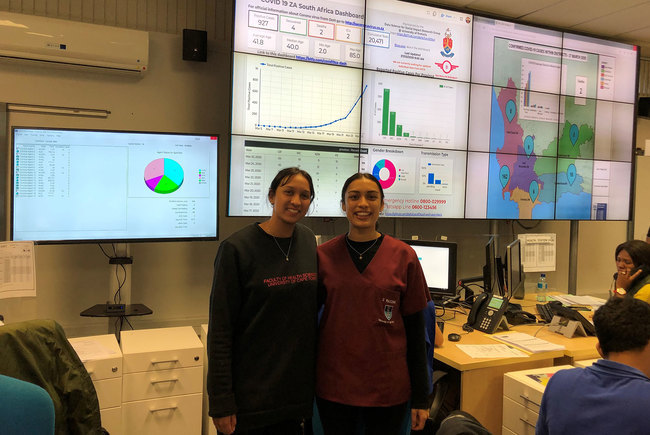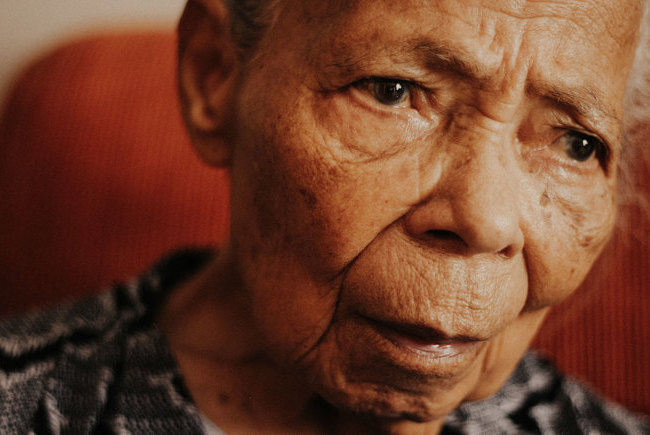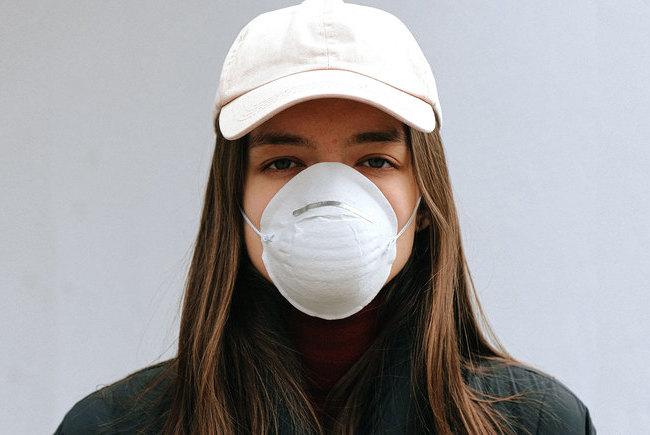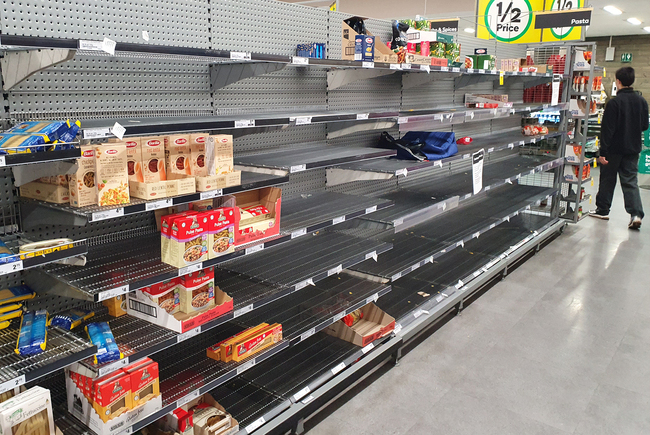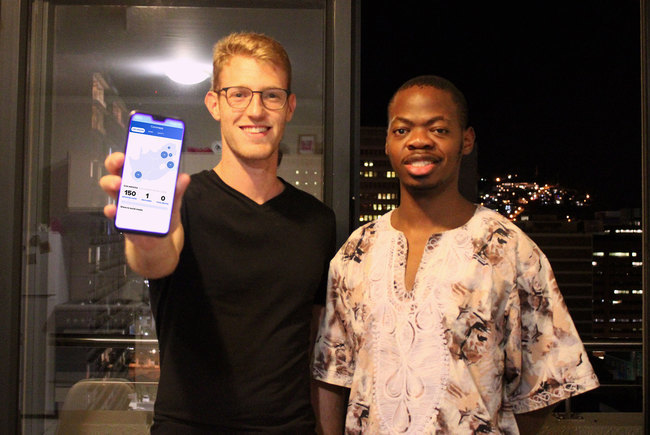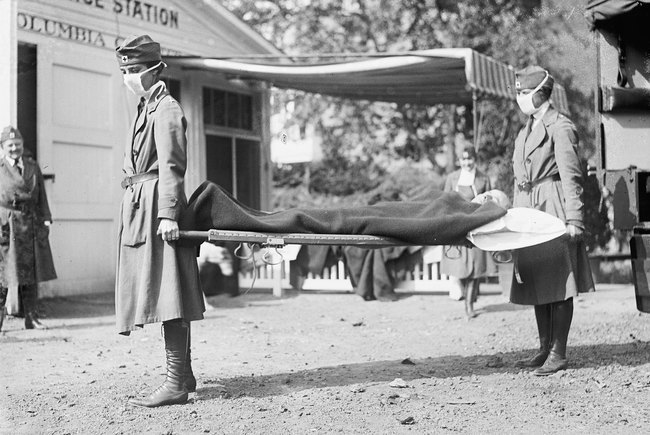COVID-19 is too good a crisis to waste – let’s change the system
20 August 2020 | Story Ncedisa Nkonyeni. Photo Adobe Stock. Read time 6 min.
COVID-19 has afforded us the opportunity to interrogate, shape and collaborate for change. This according to Ncedisa Nkonyeni, convenor of the Systems Change and Social Impact Executive Education course of the Bertha Centre for Social Innovation and Entrepreneurship at the University of Cape Town Graduate School of Business (UCT GSB).
We have to grab the opportunity Covid-19 has given us to interrogate, shape and collaborate for change. And those who hold power need to share that power to welcome the changes that the pandemic invites.
If there is a silver lining to be found around the global Covid-19 pandemic, it’s the wave of optimism that it is heralding a new world order.
Into such sharp relief, the reasoning goes, have the world’s festering inequalities and geopolitical power imbalances been cast that it is inevitable that governments and societies will decide to change course.
Reports that the wealth of some billionaires had ballooned overnight while millions lost their jobs have added fuel to the embers that have been on a slow burn since the 2008 global economic crisis. “The reality is the world will never be the same after the coronavirus,” wrote former US Secretary of State and diplomat Henry Kissinger, a man in the past accused of resorting to extreme measures to thwart change. The idea that change will come as a natural response to the Covid-19 pandemic has been infectious and almost universal.
From small changes, big things may come
The truth is, of course, that change is rarely sweeping and immediate. In the fields of systems change and systems innovation, we are mindful to look at systems – be it a society, a community or an organisation – not in isolation, but in the context of the different parts that it is made up of and nested into. We pay close attention to the relationships between those parts, the values that hold them up and the power dynamics that frame them.
For a system to transform, there has to be change, both in its technical workings as well as in the values, beliefs and assumptions that the system is built on. Change that is metered on only one level is unlikely to translate into transformation in the system as a whole. Often, it is deeply contextual, inclusive, empowering innovations within systems that spark small shifts that build up transformative capacity within the system.
Neither is change a once-off. Rather, it is continuous and adaptive, especially if it is to prove transformative – a key measure of success. While immediate revolutions are appealing and may make the headlines, in practice, systems take time to transform. This is perhaps a lesson we have had to learn painfully in South Africa where the heady release of Nelson Mandela and the transition to democracy 25 years ago has not translated into meaningful change in many aspects of society. We are still one of the most unequal societies on earth.
An initiative that embodies continuous and adaptive change is the network of neighbourhood-level Community Action Networks (CANs) that have arisen across South Africa as a response to the pandemic. Based on principles of self-organising, collaboration and social solidarity, CANs aim to provide localised neighbourhood responses to the pandemic.
By leveraging local knowledge in a time of crisis, CANs have been able to quickly marshal and distribute resources – from educational materials, to food parcels, healing centres and hygiene products. Importantly, by embodying atypical configurations of power, decision-making and resource-flow to advance a meaningful momentum of impact, CANs are allowing us to experience how our future systems could organise.
Whether Covid-19 brings about change depends on us
The 1918 influenza pandemic killed an estimated 50 million people. Despite the scale of that tragedy, partnered with a horrendous world war, no great lessons were apparently learnt. It could be argued, in fact, that in its wake, nations simply laid the foundations for the next global conflict.
Systems and futurism caution that the resilience of the old system will co-opt the momentum of the new to simply reassert its previous dominance.
We have to grab this opportunity to interrogate, shape and collaborate for change. And those who hold power need to share that power to welcome the changes that the Covid-19 pandemic invites.
In amplifying the abnormalities of our “normal”, the pandemic has pointed out the flaws in our system. And it has also shown how communities can band together across race, class and geographical spacing to change things for the better. Amid the devastation, there are movements collaborating, from those of CAN to #BlackLivesMatter, to address the inequities that have become so viscerally obvious. These could be seen as sub-systems that can reimagine, reframe and contribute to a broader systems transformation that beckons the better future systems we want to achieve.
Arundhati Roy has described the pandemic as “a portal, a gateway between one world and the next”. She argues that the pandemic found us in a world plagued by (literal and metaphorical) economies of scale that leave too many of us vulnerable. But that it also affords us the opportunity to make choices that will help us step into a more equitable and harmonious one.
It’s an opportunity to release what does not work, and to take on new ways that hold more promise. This is an opportunity we should not waste.
Coronavirus Disease 2019 updates
COVID-19 is a global pandemic that caused President Cyril Ramaphosa to declare a national disaster in South Africa on 15 March 2020 and to implement a national lockdown from 26 March.
UCT is taking the threat of infection in our university community extremely seriously, and this page will be updated regularly with the latest COVID-19 information. Please note that the information on this page is subject to change depending on current lockdown regulations.
Frequently asked questions
Daily updates
Campus communications
2020
Resources
Video messages from the Department of Medicine
Getting credible, evidence-based, accessible information and recommendations relating to COVID-19
The Department of Medicine at the University of Cape Town and Groote Schuur Hospital, are producing educational video material for use on digital platforms and in multiple languages. The information contained in these videos is authenticated and endorsed by the team of experts based in the Department of Medicine. Many of the recommendations are based on current best evidence and are aligned to provincial, national and international guidelines. For more information on UCT’s Department of Medicine, please visit the website.
To watch more videos like these, visit the Department of Medicine’s YouTube channel.
Useful information from UCT
External resources
News and opinions
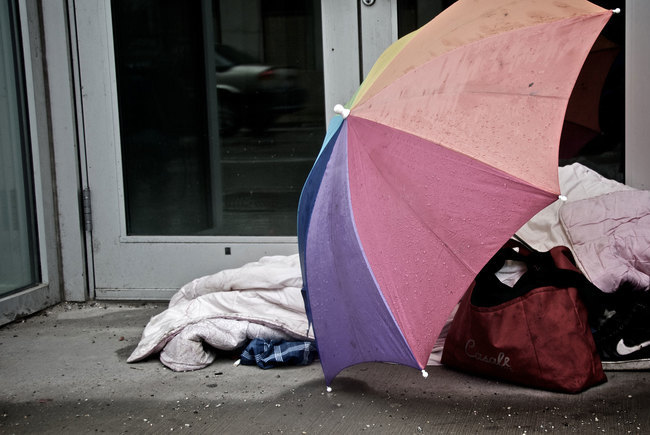
As the COVID-19 crisis drags on and evolves, civil society groups are responding to growing and diversifying needs – just when access to resources is becoming more insecure, writes UCT’s Prof Ralph Hamann.
03 Jul 2020 - 6 min read Republished
The Covid-19 crisis has reinforced the global consequences of fragmented, inadequate and inequitable healthcare systems and the damage caused by hesitant and poorly communicated responses.
24 Jun 2020 - >10 min read Opinion
Our scientists must not practise in isolation, but be encouraged to be creative and increase our knowledge of the needs of developing economies, write Professor Mamokgethi Phakeng, vice-chancellor of UCT, and Professor Thokozani Majozi from the University of the Witwatersrand.
09 Jun 2020 - 6 min read Republished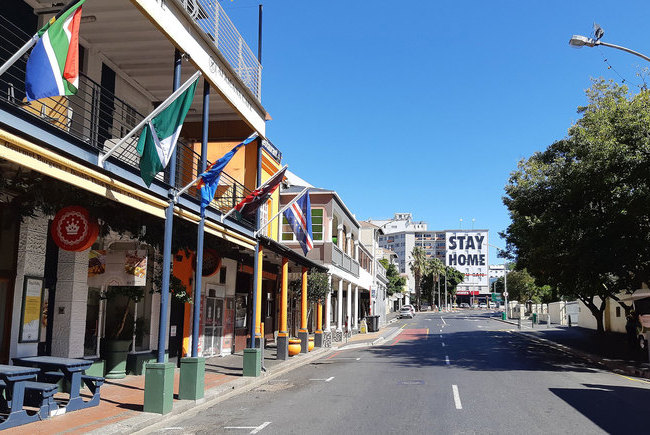
South Africa has been recognised globally for its success in flattening the curve, which came as a result of President Ramaphosa responding quickly to the crisis, writes Prof Alan Hirsch.
28 Apr 2020 - 6 min read RepublishedStatements and media releases
Media releases
Read more
Statements from Government
In an email to the UCT community, Vice-Chancellor Professor Mamokgethi Phakeng said:
“COVID-19, caused by the virus SARS-CoV-2, is a rapidly changing epidemic. [...] Information [...] will be updated as and when new information becomes available.”
We are continuing to monitor the situation and we will be updating the UCT community regularly – as and when there are further updates. If you are concerned or need more information, students can contact the Student Wellness Service on 021 650 5620 or 021 650 1271 (after hours), while staff can contact 021 650 5685.













